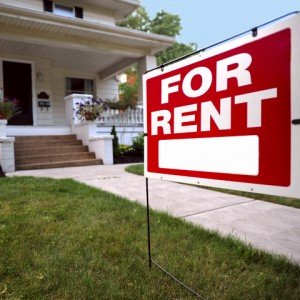How Short-Term Rentals Impact Home Inventory

According to a study released by a nonprofit advocacy group called the Hawaii Appleseed Center for Law and Economic Justice, more than a quarter of the homes sold between 2008 and 2015 in Hawaii were purchased by non-residents. Many of these homes are purchased in order to be put on the market as rental units for visiting tourists. Moreover, while there are inventory and affordability issues nationwide, the situation in Hawaii is magnified by the fact that the island state’s housing costs are among the highest in the United States, and Hawaiian workers “earn the lowest wages in the nation after accounting for cost of living,” according to the report.
The report further explains that Hawaii is building half as many homes as it needs to be to meet demand from local residents—and that figure drops to only one-third when focused on “units needed for low- and moderate-income households.” Approximately 43 percent of Hawaii’s residents are renters, according to the report, which works out to the fourth-highest percentage in the nation.
While the rental investment market is a crucial part of the real estate landscape throughout the country—especially as soaring home prices are leading many potential homebuyers to consider renting longer. However, this report specifically highlights the problem caused by short-term vacation-rental units (VRUs), many of which operate illegally within Hawaii.
The report states that there are currently 23,000 VRUs being advertised in Hawaii, of which only 223 are legal. According to the report, one out every 24 housing units in Hawaii is a VRU, and “up to 93 percent of them are [advertising] for entire homes, rather than the rent-out-a-room image purveyed by the VRU industry.” It’s difficult problem to slow—the report reveals that “the average VRU brings in about 3.5 times more revenue than a long-term rental unit.”
However, the proliferation of short-term rental units in Hawaii is impacting not only local residents faced with a shortage of affordable housing but also the local traditional rental market. “The loss of long-term rentals to VRUs means higher housing costs for Hawaii residents,” states the report. “Although Hawaii derives some benefits from VRUs through increased tourism spending and tax collection, the benefits are far outweighed by the costs.”
“Speculators and investors have been eager to take advantage of the tremendously profitable vacation rental industry at the expense of our residents,” said Hawaii Appleseed Center for Law and Economic Justice Co-Executive Director Victor Geminiani in a statement. “We need to establish controls to protect our communities from fragmentation.”
The report points to San Francisco as another market facing similar difficulties from VRUs. “San Francisco estimates that their local economy loses up to $300,000 per VRU per year. The impact of VRUs in Hawaii is likely to be similar,” says the report.
Source: dsnews.com















 Accessibility
Accessibility